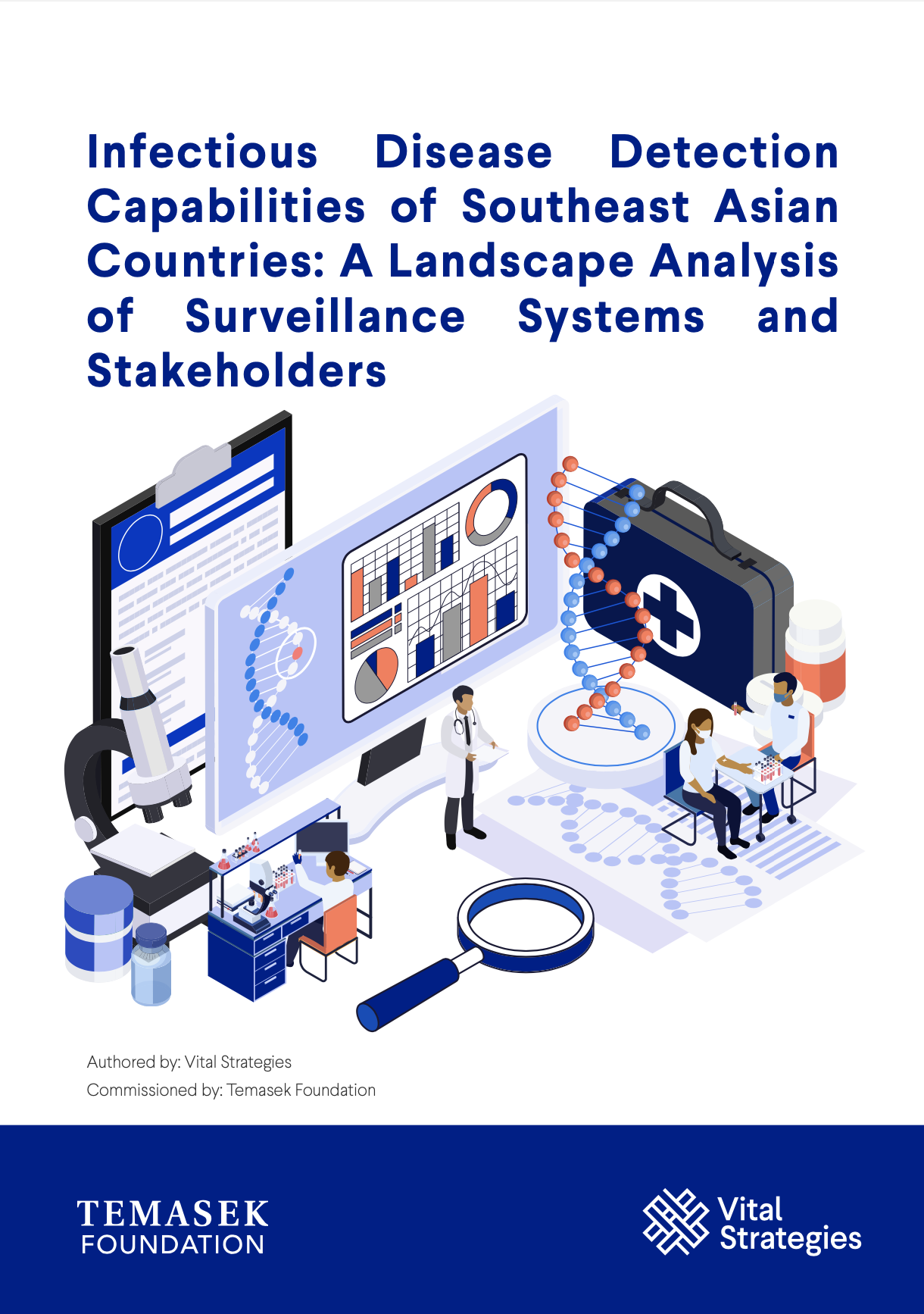Southeast Asia is a hot spot for emerging and reemerging infectious diseases and, in part due to rapid economic growth, increased trade, urbanization, mobile populations, and health impacts of climate change, it is a region that faces high health security risk region.
This report was commissioned by the Temasek Foundation to study the landscape of infectious disease detection capabilities and the stakeholders supporting the development of these capabilities in six Southeast Asian countries: Brunei, Indonesia, Malaysia, Philippines, Thailand, and Vietnam.
The types of detection activities examined in this report include those that support surveillance and early warning systems, laboratory systems, reporting systems, human resources, physical infrastructure, regulatory infrastructure, and supply chains.
Recent Abstracts
The Power of Storytelling: Guidance for the Creation of Testimonials
Lead Poisoning and Early Childhood Development
Prioritizing Evidence Gaps: Air Pollution and Health Impacts of Climate Action
Raising Alcohol Taxes to Reduce Harm: Fact Sheets for Brazil
Risk of mortality by aggression: A retrospective cohort study in women with notification…
How the Alcohol Industry Steers Governments Away From Effective Strategies to Curb Drink…
Analysis of the Efficacy of Alcohol Industry-Sponsored Drink-Driving Campaigns
Messaging Recommendations for Effective Road Safety Campaigns: Lessons From Formative Research for Drink…
Prescribing Psychostimulants for the Treatment of Stimulant Use Disorder: Navigating the Federal Legal…
Enforcement of COTPA in India- current status, challenges and solutions
